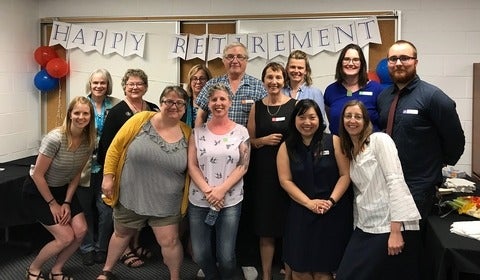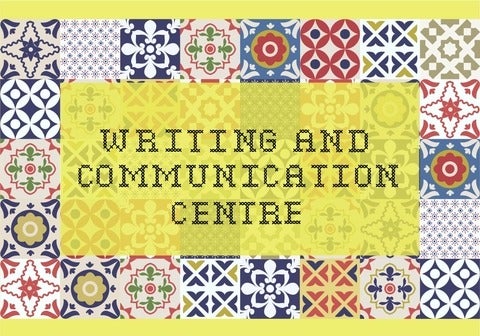A new chapter
Last week, we celebrated John Vardon who has made a tremendous impact in his 40+ years working as a Writing and Multimodal Communication Specialist at the Writing and Communication Centre. As John retires and starts a new adventure in doing so, we look back at his time spent here.








